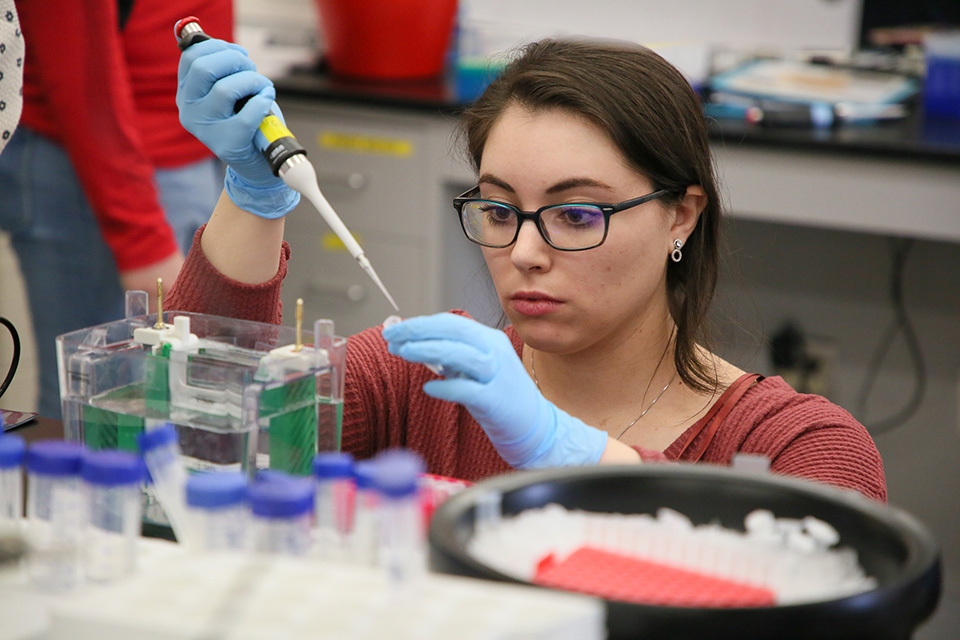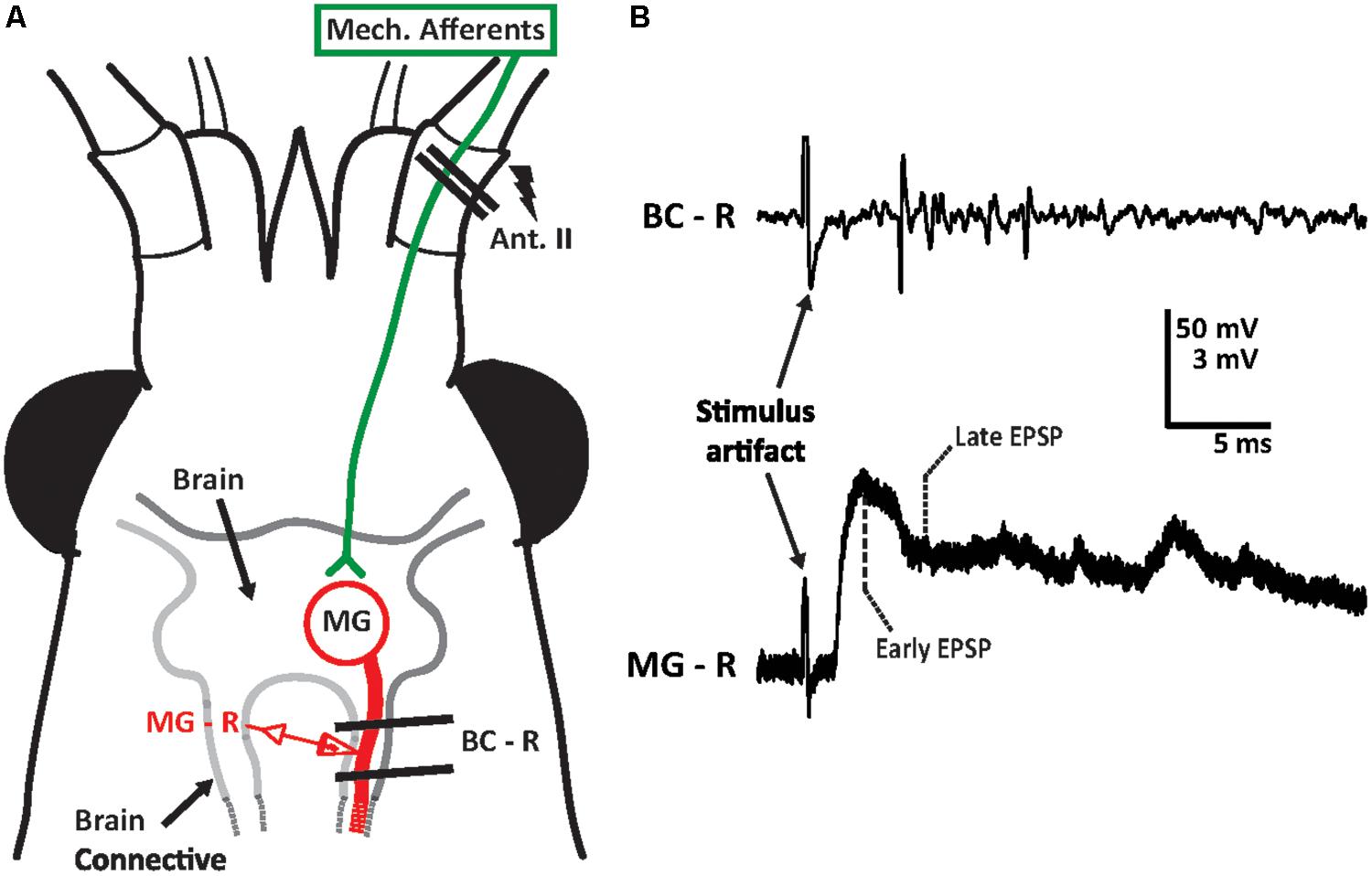-
2023/2024
-

Teaching Assistant for Introduction to Behavioral Psychology Course
Professor: Donald Katz PhD, Invited to give a lecture on Somatosensation & Nociception
- A survey of contemporary psychology. Topics include brain and behavior, perception, memory, learning, cognitive processes, plasticity, intelligence, child and adult development, personality, social behavior, and the relationship between normal and abnormal behavior.
2022
-

Teaching Assistant for Introduction to Psychology Course
Professor: James Howard PhD, Invited to give a lecture on Multisensory Integration
- A survey of contemporary psychology. Topics include brain and behavior, perception, memory, learning, cognitive processes, plasticity, intelligence, child and adult development, personality, social behavior, and the relationship between normal and abnormal behavior.
-

Teaching Assistant for Introduction to Cognitive Neuroscience
Professor: Teresa Mitchell PhD, Invited to give a lecture on Chemosensory Systems
- This course explores how the human brain makes the human mind. It covers neural and behavioral dimensions of attention, memory and learning, perception, motor control, plasticity and planning. Experimental approaches and neuroimaging are emphasized.
-
2021

Teaching Assistant for General Biology Laboratory
Professor Melissa Kosinski-Collins PhD
- Provides firsthand experience with modern molecular biology techniques and illustrates basic approaches to experimental design and problem solving in molecular and cellular biology including applications of biochemical techniques.
-
2020

Teaching Assistant for Fruit Fly Neurogenetics Laboratory
Professor: Sarah Clark, PhD
- While menthol elicits cooling sensations in humans, Drosophila larvae sense menthol via high temperature/mechanical nociceptors.
- Menthol-evoked behavior is TrpA1- and Trpm-dependent, suggesting a conserved role for these sensors in menthol sensing.
- Phylogenetic analyses reveal that bilaterian TRPMs are descended from at least 3 ancestral genes.
- Ancestral sequence reconstructions suggest that some residues critical to TRP-menthol sensing are conserved from the last common ancestor of protostomes (e.g., Drosophila) and deuterostomes (e.g., humans), which existed >550 million years ago.
- Click to view supplementary material.
-

Teaching Assistant for Crustacean Neuroscience Laboratory
Professor: Manfred Schmidt, PhD
- Research techniques in neuroscience, including behavioral analysis, extracellular electrophysiology, molecular and cellular neuroscience, fluorescence microscopy, neuroanatomy, immunocytochemistry, and neuroethology.